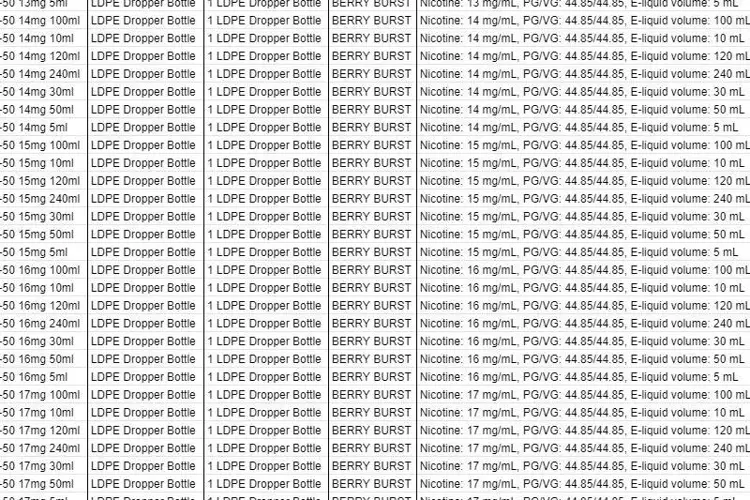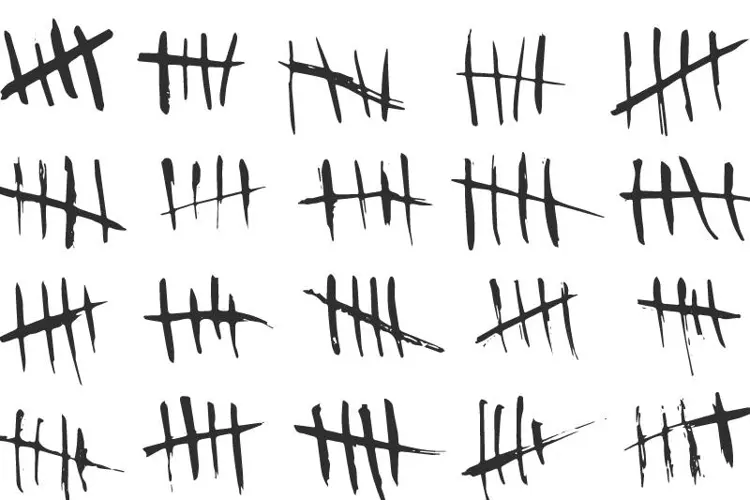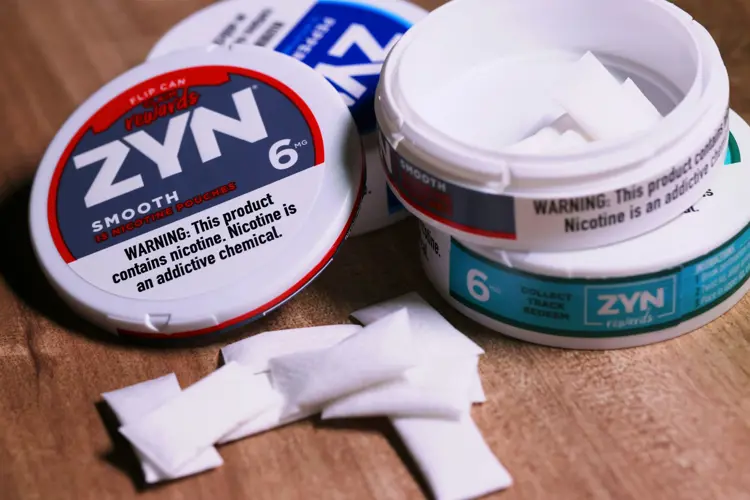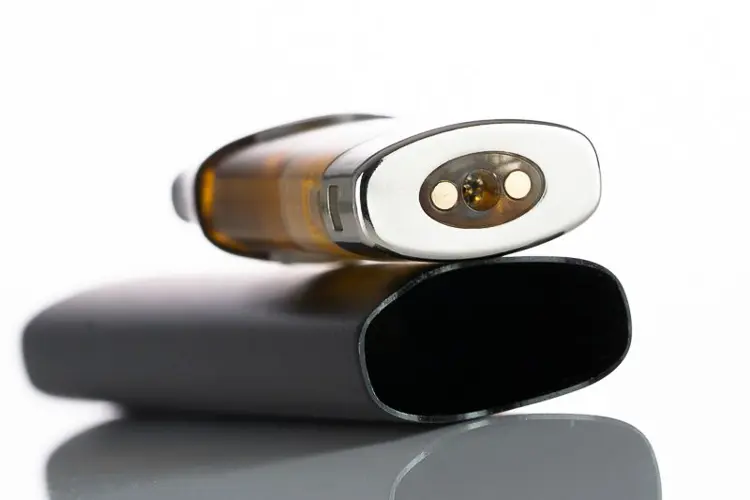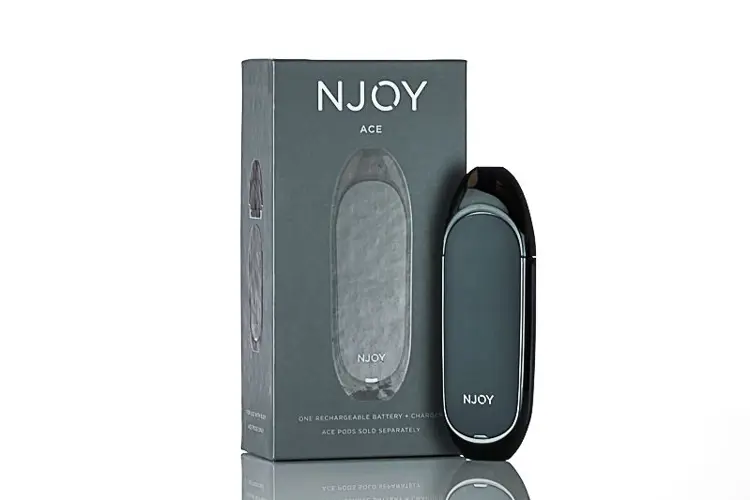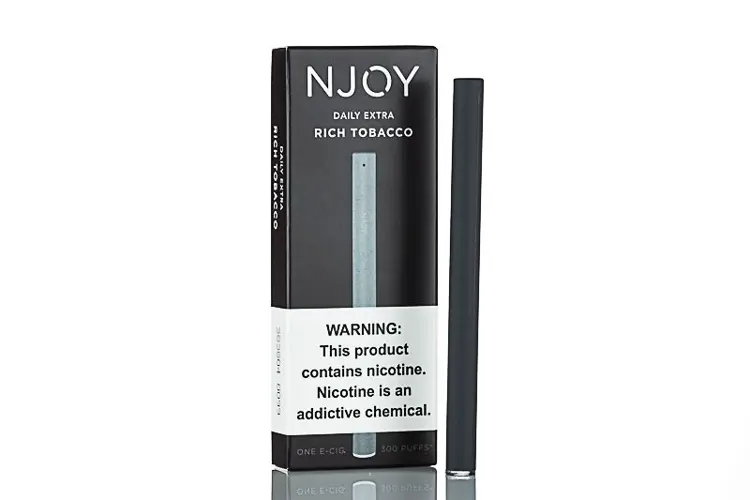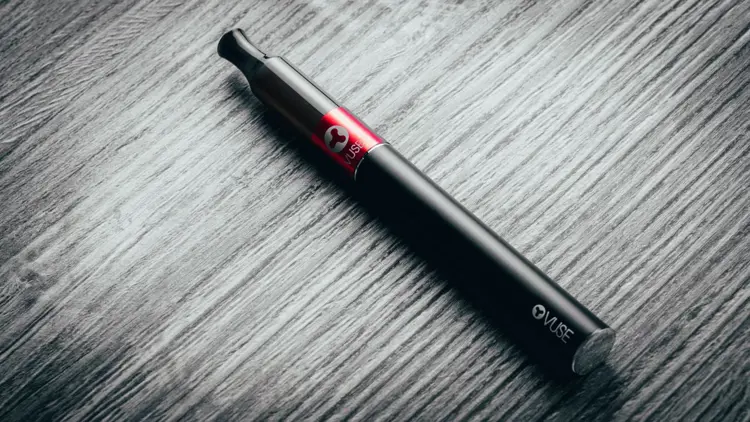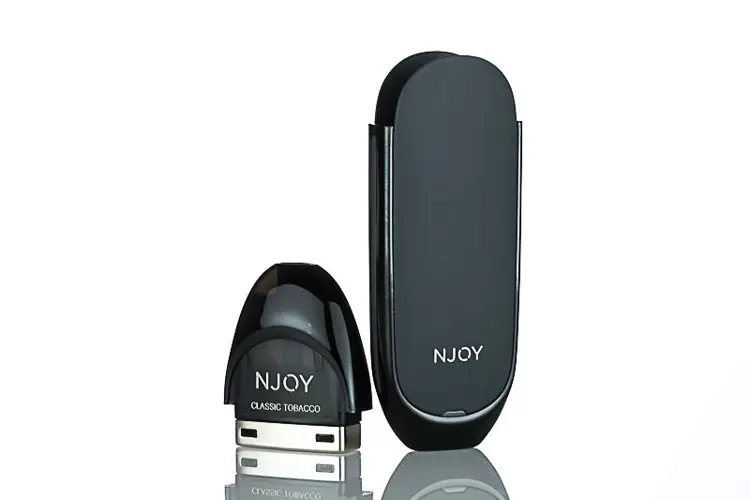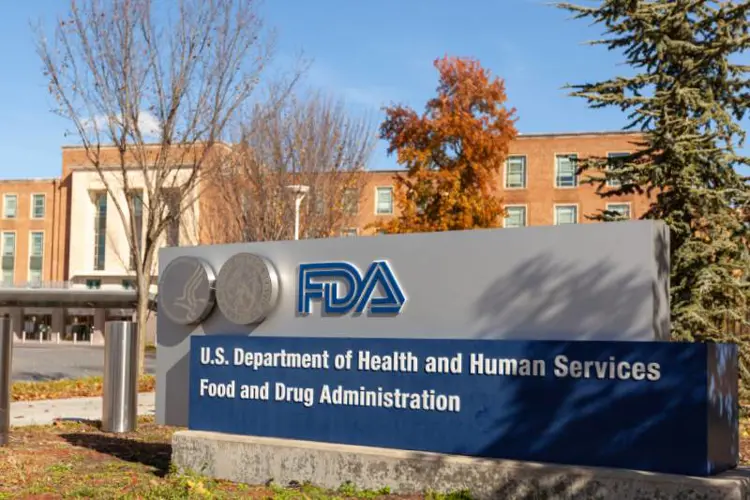The FDA today has finally posted the “legal product" list it promised before last September's PMTA submission deadline. The list published today includes all vaping products allowed to remain on the market during the one-year grace period granted for products that were on the market before Aug. 8, 2016 and for which a Premarket Tobacco Application (PMTA) was submitted by Sept. 9, 2020.
The list (actually several lists) includes more than six million individual product SKUs submitted by hundreds of companies. One determined small manufacturer in Texas, JD Nova Group (owner of Vapolocity), submitted more than four million products itself.
The list contains only products that are currently being sold, so does not include flavored cartridge- and pod-based products that the agency forced off the market as part of its January 2020 updated enforcement guidance. Even though those manufacturers may have submitted PMTAs for their flavored products, they are not included in the list.
The list was demanded by anti-vaping tobacco control groups, and also by business associations representing retailers that sell vaping products. Any product not on the list is considered non-compliant with FDA rules and therefore illegal.
However, the list in its raw form would be a difficult tool to use for enforcement in the field—for example, by local agencies searching vape shop shelves for non-compliant products. The list consists of 15 separate .CSV (comma-separated values) files, each including hundreds of thousands of individual product SKUs.
Since each variation of a single product must be separately submitted to the FDA, each variation occupies a line in the database. For example, Big Time Vapes’ Berry Burst flavor is available in enough different bottle sizes, nicotine strengths, and PG/VG ratios, that it has 174 separate entries on the list. And that’s more the rule than the exception. It’s probably possible to create a usable field enforcement tool for local agencies from the PMTA list, but it's probably not worth the effort, since most products on the list will probably be ordered off the market after Sept. 9, 2021.
What the list can be used for—by the FDA itself—is cross-referencing submitted products with the FDA product registration database, which allows the agency to easily investigate whether the manufacturers of products being sold online have submitted PMTAs. It’s still a labor-intensive task, but that’s how the agency has begun issuing warning letters to small manufacturers for selling non-compliant products.
The FDA notes that the list is not complete. Some companies that didn’t provide their information in time to make the first iteration of the list are not included. Additionally, some identical products sold under different names are not required to be listed separately. And, as mentioned before, products not currently being sold were not included.
Being on the list doesn’t necessarily mean that the products have been accepted by the agency for scientific review. It simply means the products meet the basic requirements for submitting a PMTA and will be allowed to remain on the market until Sept. 9, 2021 (unless their application is rejected before that date, which is unlikely).
It is uncertain what will happen when Sept. 9 arrives. The FDA is prevented by court order from issuing a blanket extension of the period of enforcement discretion for all products that haven’t been fully reviewed, but the agency does have the ability to grant exemptions on a case-by-case basis. Whether the FDA intends to petition the court for a general extension of the discretion period is unknown.
The Freemax REXA PRO and REXA SMART are highly advanced pod vapes, offering seemingly endless features, beautiful touchscreens, and new DUOMAX pods.
The OXVA XLIM Pro 2 DNA is powered by a custom-made Evolv DNA chipset, offering a Replay function and dry hit protection. Read our review to find out more.
The SKE Bar is a 2 mL replaceable pod vape with a 500 mAh battery, a 1.2-ohm mesh coil, and 35 flavors to choose from in 2% nicotine.
Because of declining cigarette sales, state governments in the U.S. and countries around the world are looking to vapor products as a new source of tax revenue.
The legal age to buy e-cigarettes and other vaping products varies around the world. The United States recently changed the legal minimum sales age to 21.
A list of vaping product flavor bans and online sales bans in the United States, and sales and possession bans in other countries.

